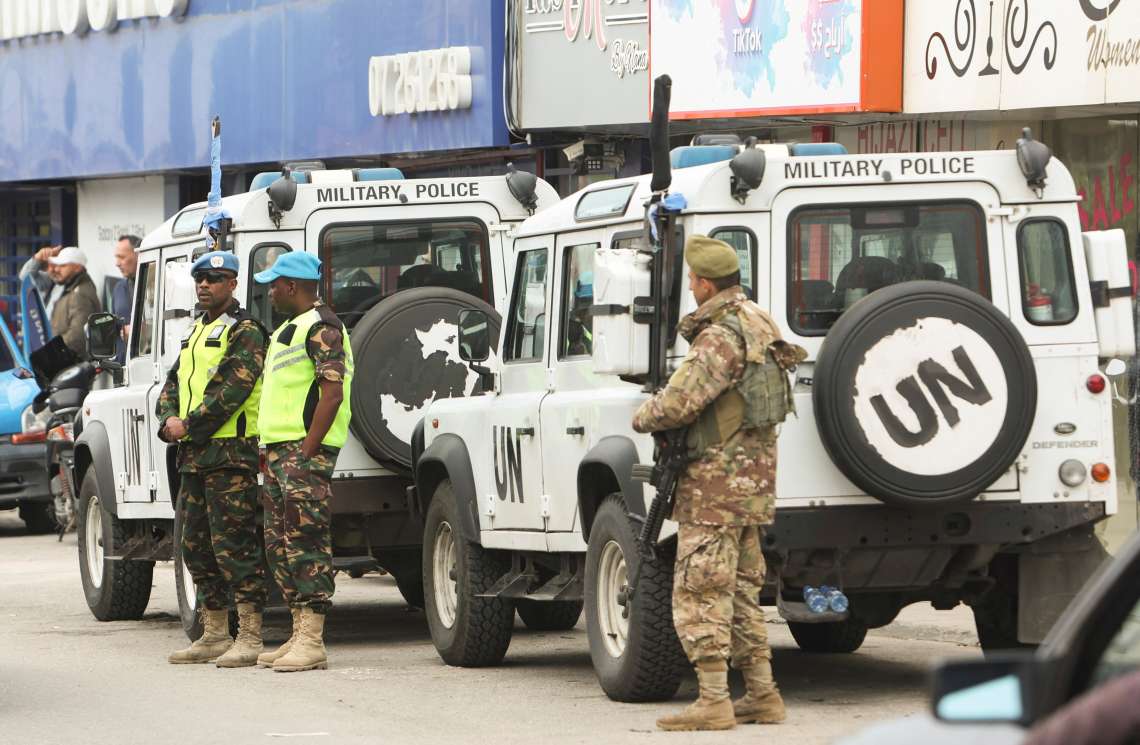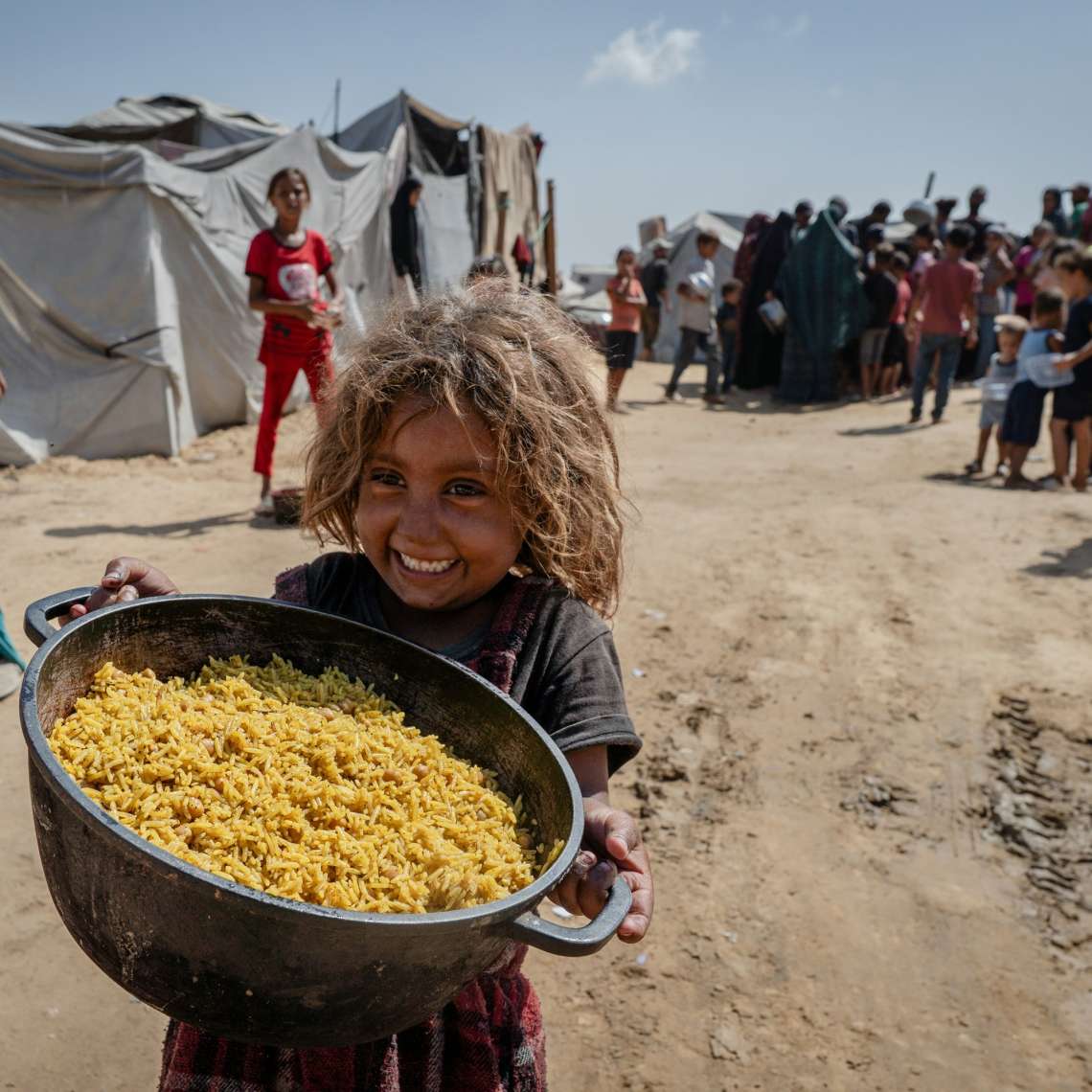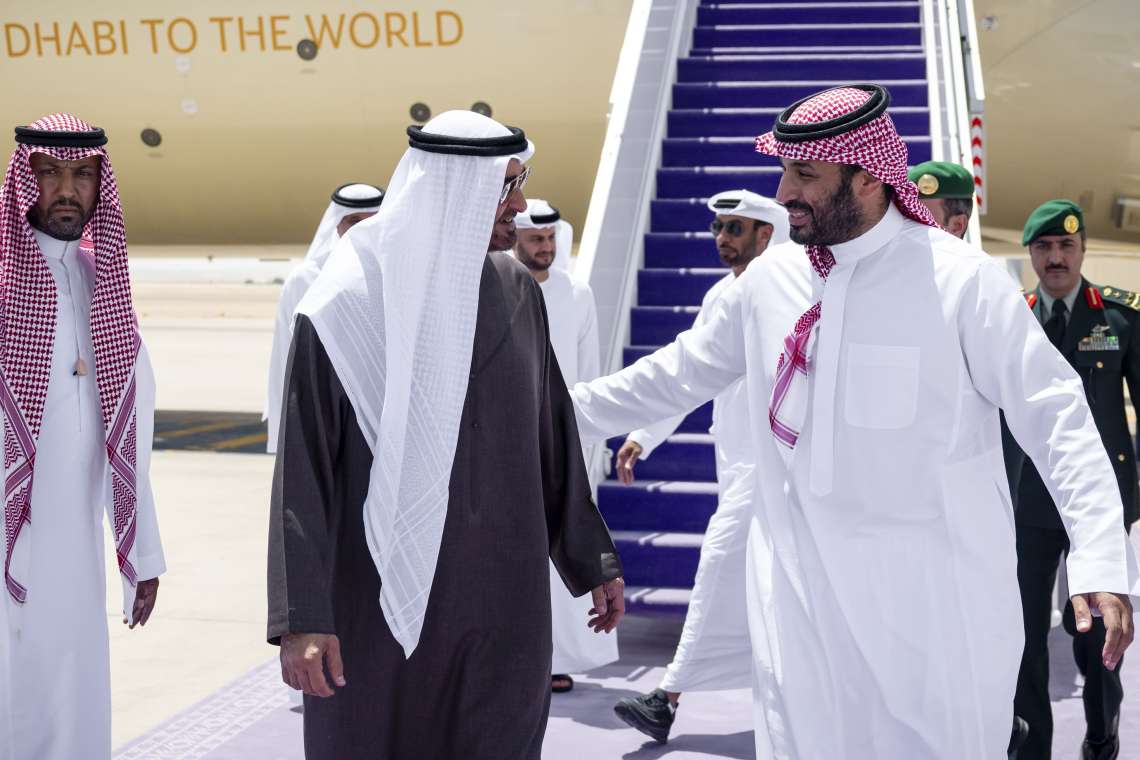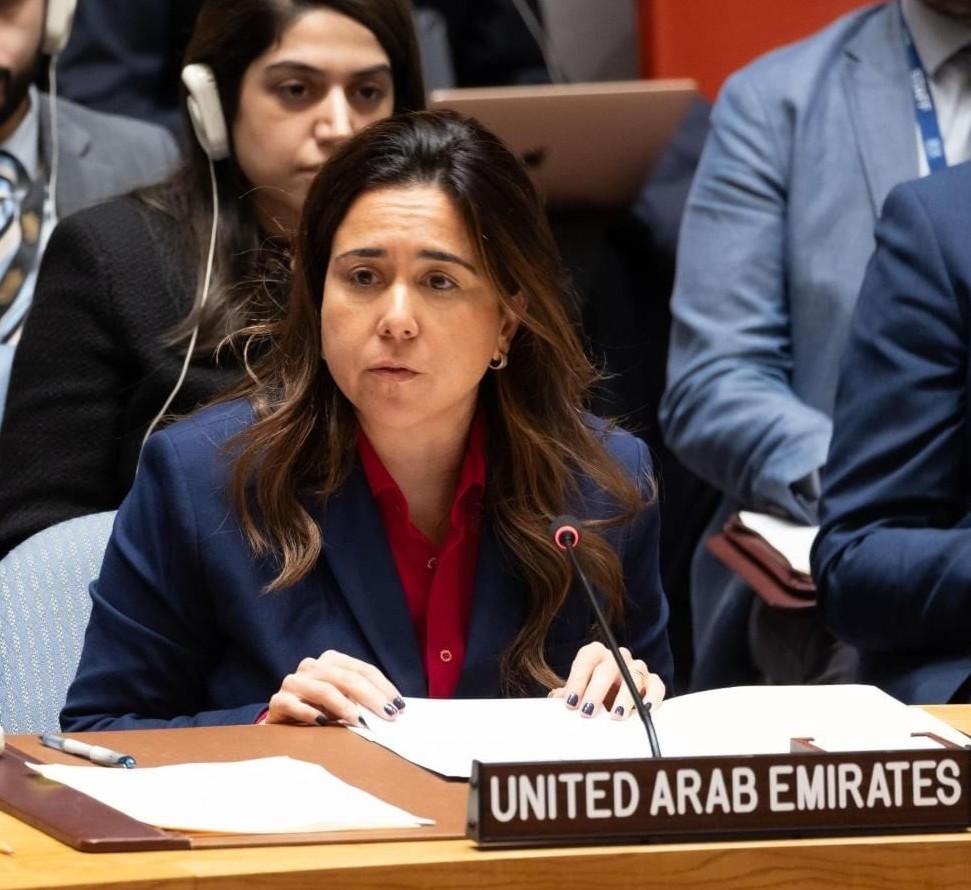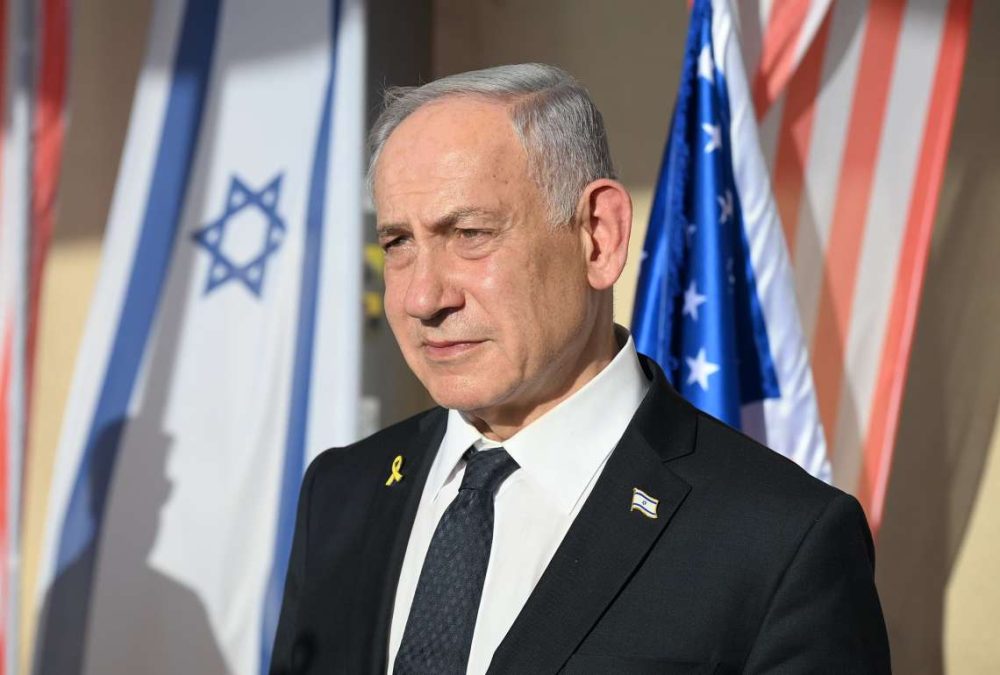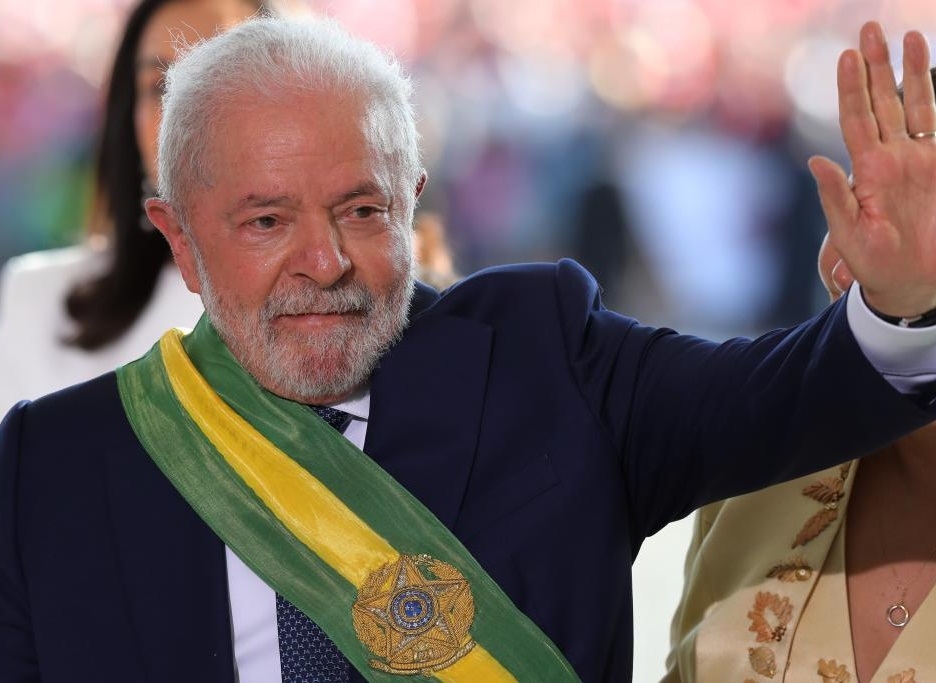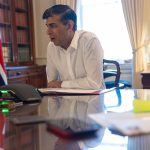UAE slams Israeli attack on UN peacekeepers as UN warns of risks, while Hezbollah threatens unrest over Lebanon’s disarmament plan, deepening fears of instability….reports Asian Lite News
The United Arab Emirates has strongly condemned Israeli military actions near positions of the United Nations Interim Force in Lebanon (UNIFIL), highlighting rising tensions in a region already unsettled by deep political fractures and looming security risks.
In a statement issued by the Ministry of Foreign Affairs, the UAE denounced the Israeli drone attack involving grenades near UN peacekeepers, saying the assault violated international law and the principles enshrined in UN Security Council Resolution 1701. That resolution, adopted in 2006 to end hostilities between Israel and Hezbollah, forms the foundation of the UN’s peacekeeping mandate in Lebanon.
The Ministry reaffirmed the UAE’s unwavering position of supporting Lebanon’s sovereignty and territorial integrity, while also stressing the crucial role UNIFIL plays in maintaining calm and preventing a return to large-scale hostilities along the volatile Blue Line between Israel and Lebanon. Targeting peacekeeping missions, the statement said, undermines global efforts to stabilise conflict zones and constitutes a breach of international norms.
UN expresses serious concern
The condemnation followed a rare and unusually sharp statement from UN Secretary-General António Guterres, who said he was “seriously concerned” by the September 2 incident. According to his spokesman, Stéphane Dujarric, drones from the Israel Defense Forces dropped several grenades in the vicinity of UNIFIL peacekeepers engaged in mandated patrols.
“One grenade impacted within 20 metres and three others within approximately 100 metres of UN personnel and vehicles,” Dujarric explained at a news conference. The drones, he added, were observed returning south of the Blue Line after the incident.
The timing is particularly sensitive. The UN Security Council had only days earlier unanimously extended UNIFIL’s mandate for what is expected to be its final year. The mission has operated in southern Lebanon since 1978, but its relevance has repeatedly been challenged, particularly amid escalations between Israel and Hezbollah.
Hezbollah pushes back against disarmament
Against this tense backdrop, Lebanon now faces a domestic crisis that could further destabilise the country. Hezbollah has vowed to resist government moves to disarm all non-state actors, including the Iranian-backed militia, by the end of 2025.
Mahmoud Qomati, deputy head of Hezbollah’s Political Council, warned this week that the group would not hesitate to mobilise supporters on the streets if parliament pressed ahead with the disarmament plan. Speaking to local media, he declared the initiative “unconstitutional, illegitimate, and in violation of both the national charter and international law.”
Hezbollah and its ally, the Amal Movement, have already signalled they would boycott parliamentary sessions if lawmakers attempted to advance legislation to enforce the plan. Qomati added that if the measures remained “born dead” and unenforced, Hezbollah would refrain from escalation. But he cautioned that implementation would destabilise Lebanon, insisting: “Anyone who seeks stability — international, regional or local — must recognise that enforcing these decisions will endanger it and serve no one’s interest.”
The plan, backed by the United States and aligned with earlier UN resolutions, has sharply divided Lebanese politics. Supporters argue it is essential to reclaim state sovereignty, while opponents warn it risks plunging the country into civil conflict.
Hezbollah’s leadership has also escalated rhetoric in recent weeks. Deputy Secretary-General Naim Qassem threatened in August that Lebanon would face “no life” if the group’s arsenal were seized by force. He accused the government of capitulating to “an American-Israeli order to end the resistance, even if it leads to civil war and internal strife.”
Qassem vowed Hezbollah would fight to retain its weapons, portraying the arsenal as essential to Lebanon’s defence against Israeli aggression. He warned that disarmament could provoke unrest, even hinting that protests could target the US Embassy in Beirut if international pressure mounted.
Hezbollah’s warnings follow devastating losses suffered during the 2023–24 conflict with Israel, when the group’s infrastructure and senior ranks were heavily damaged. Israel launched a major offensive in September 2024 after months of cross-border clashes triggered by Hamas’s October 7, 2023 attack in southern Israel. That war concluded with a ceasefire in November 2024, but the truce remains fragile. Israel has continued limited airstrikes in Lebanon, claiming to respond to violations, while also warning Beirut that it will not hesitate to act if Hezbollah is not contained.
Fragile future
The UAE’s condemnation of the Israeli attack on UN peacekeepers underscores the growing international concern that Lebanon is once again at the brink of instability. With Hezbollah rejecting disarmament, Israel signalling readiness for further military action, and the UN mission nearing its final chapter, the risks of a wider conflagration are increasing.
For Lebanon, already crippled by economic collapse and political paralysis, the convergence of external attacks and internal strife presents a formidable challenge. For the wider region, it is a stark reminder of how quickly old fault lines can ignite.


